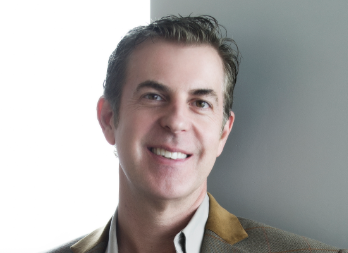Threat of litigation stifles art authentication
The art market is suffering because a number of major art estates and foundations have dissolved their authentication following repeated litigation disputing their decisions not to authenticate certain pieces of work. That is the view of Robert Darwell, head of law firm Sheppard Mullin’s art law practice.
The Andy Warhol Foundation, the Jean-Michel Basquiat estate and the Keith Haring Foundation are three examples of organizations that have ceased to offer authentication certificates.
The result is that it is increasingly difficult to get a piece authenticated by a reliable expert – and certain forgeries can become more prevalent, warns Darwell.
“Probably the more immediate effect is an economic one: it can become more difficult to sell certain works of fine art because the buyers typically want an authentication certificate to accompany it,” he says. “The sale price goes up when there is an authentication certificate attached or when the work is included in the expert’s catalogue raisonné.”
He says that in the absence of authentication services from certain foundations and estates, it is sometimes possible to find an expert who is qualified enough to authenticate a piece, but you may encounter the problem that their authority is not recognised by others in the market.
There is some hope for the future of art authentication, however. A recent ruling in the high court of appeals in Paris upheld the right of an art expert to refuse to authenticate a work of art. The decision took nine years to come to fruition and revolved around a painting that its owner believed to be by the French painter Jean Metzinger.
Bozena Nikiel, a well-known expert in Metzinger’s work and the author of an upcoming catalogue raisoneé, refused to authenticate the piece on the grounds that it lacked the sophistication exhibited by Metzinger’s works.
The owner’s art dealer approached her again two years later to insist that she authenticate the painting, but she refused. Even when the owner commenced legal action in 2009 she stood her ground and refused to authenticate it.
The lower courts determined that Nikiel had wrongfully refused to authenticate the work and ordered her to pay the owner damages of €30,000. The decision was based on the advice of an expert who did not specialise in Metzinger’s work.
In January, the high court in Paris, Cour de Cassation, overturned the lower court’s ruling on the grounds that it violated articles 9 and 10 of the European Convention on Human Rights that guarantees freedom of thought and expression.
The decision has been welcomed as a victory for art experts who are in the business of authentication. While the decision is confined to France, it is expected to have a ripple effect across the art world.
“There’s been some response in the States,” says Darwell. “The French decision has continued to open up discussion in the US art community of the issue of authentication litigation and how it has created a hostile environment for the art experts due to the high legal fees that are necessary to defend these authentication losses.”
He added that New York will likely see some more official response, with New York legislators currently working on legislation.
“There has been a draft bill which if passed would make it more difficult for a plaintiff to bring a frivolous claim against art authenticators in the States,” he says. “They’re struggling over how to define art experts and how to incentivise them to continue rendering authenticity opinions. If we see legislation like that passed in New York then some of the other states will follow.”
